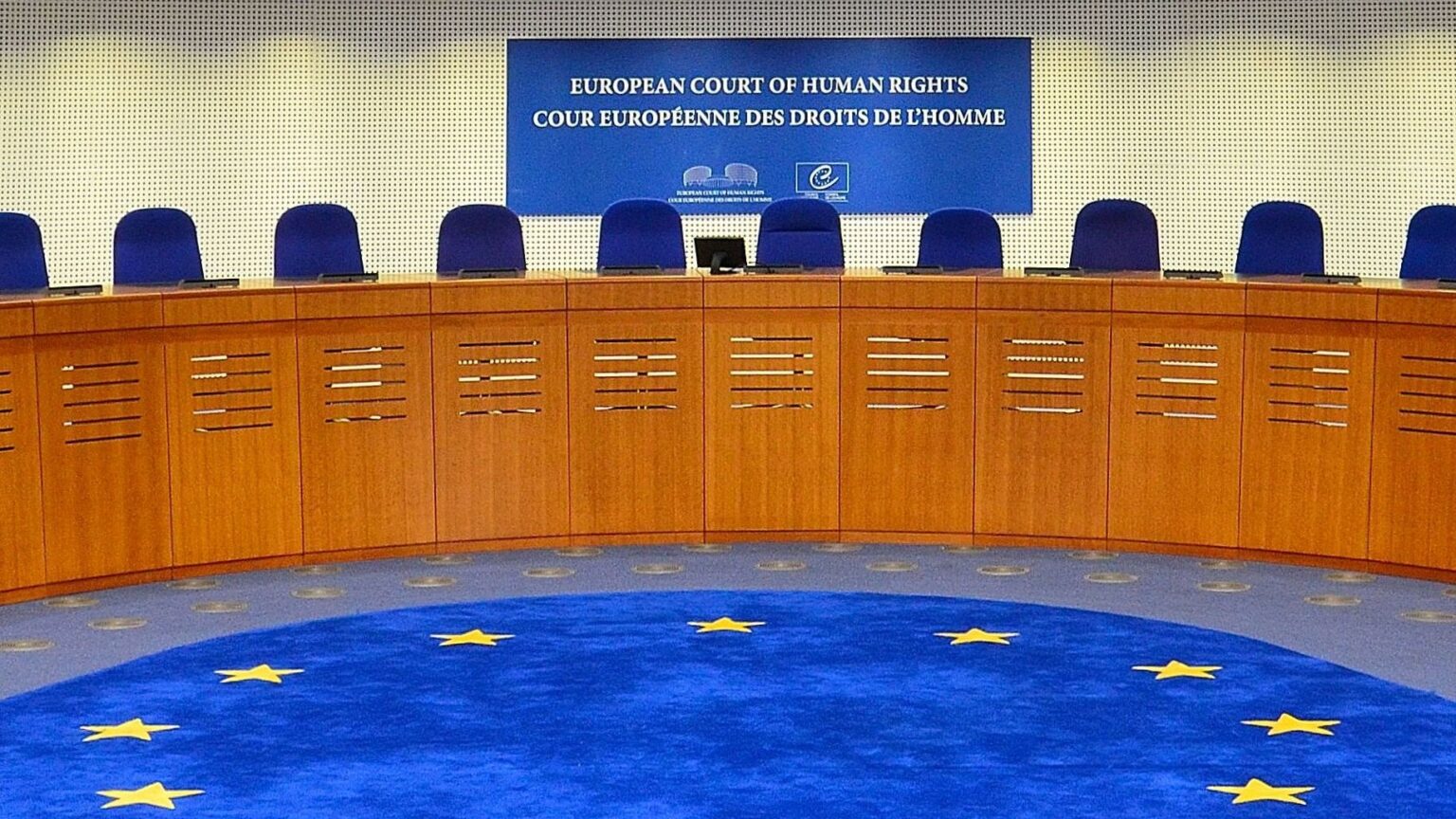
In a ruling delivered on 12 November 2024, the ECHR condemned Denmark for deporting an Iraqi drug trafficker. The European judges established new principles in this case that could set a precedent and further limit States’ rights to deport foreign criminals. The ruling also undermines UN conventions on drug control.
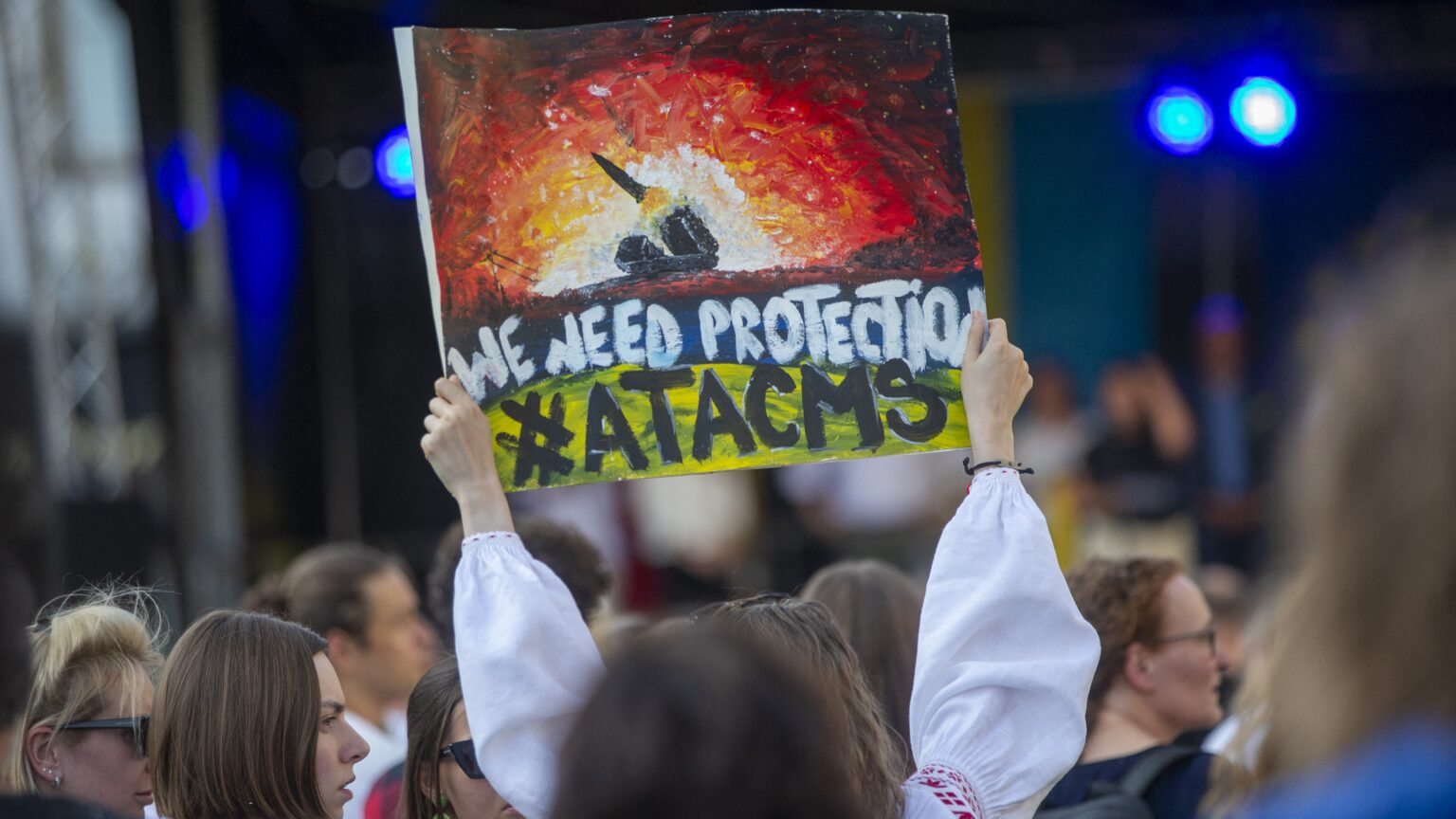
‘The fact that the Ukrainians are both stretched out and exhausted, foreseeing their eventual defeat on the battlefield to the Russians, the use of ATACMS will extend the war into next year, at least until when Donald Trump takes over the reins in Washington. The new president would thus be historically blamed for losing Ukraine to our old Soviet adversary.’
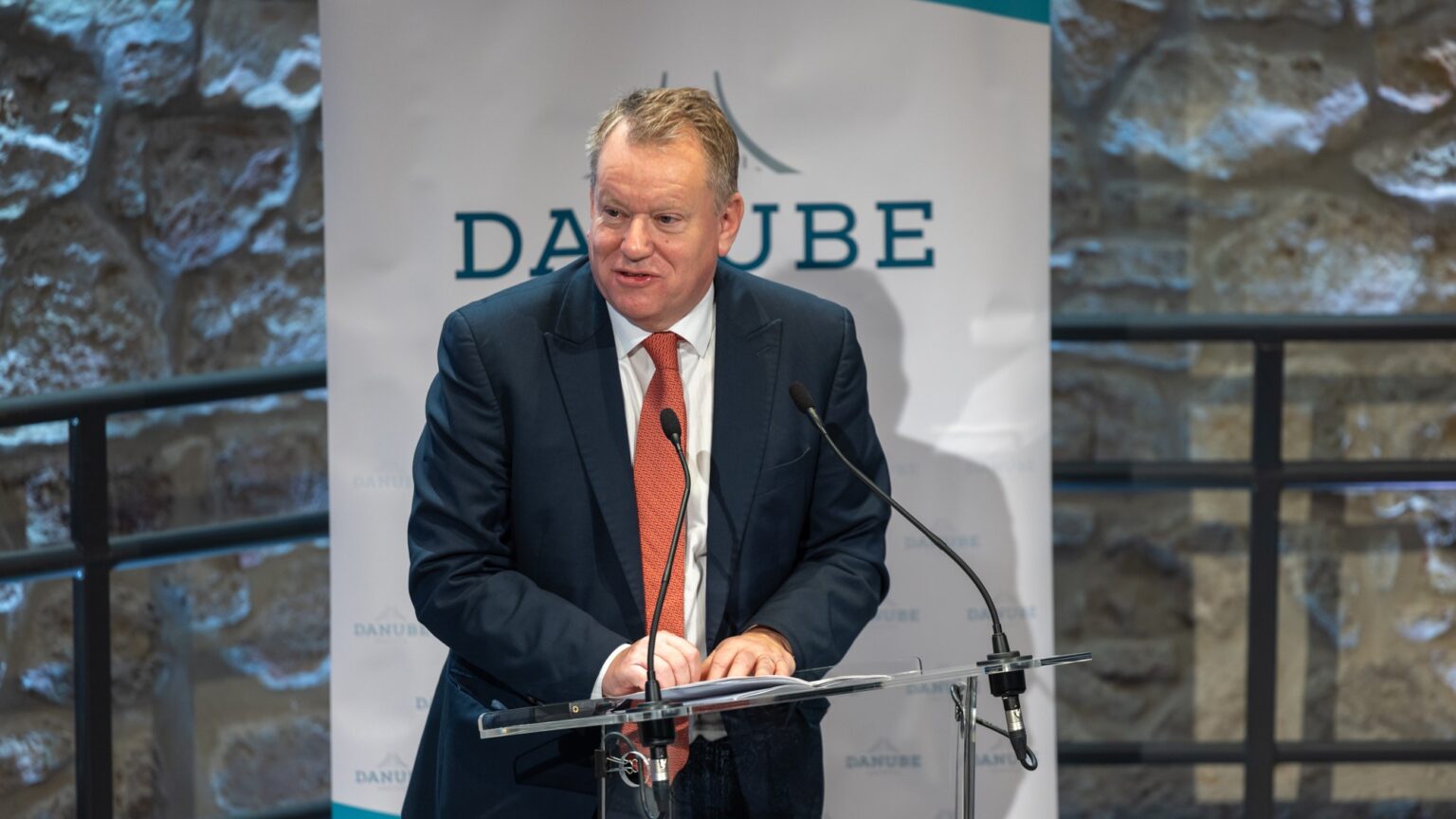
‘Trump 2.0 is a huge opportunity. Of course there are risks. Of course there will be things the administration does which I will disagree with. But the big picture is what matters. His victory is a victory for conservative forces across the world, a victory for foreign policy realism and for getting our means in line with resources.’
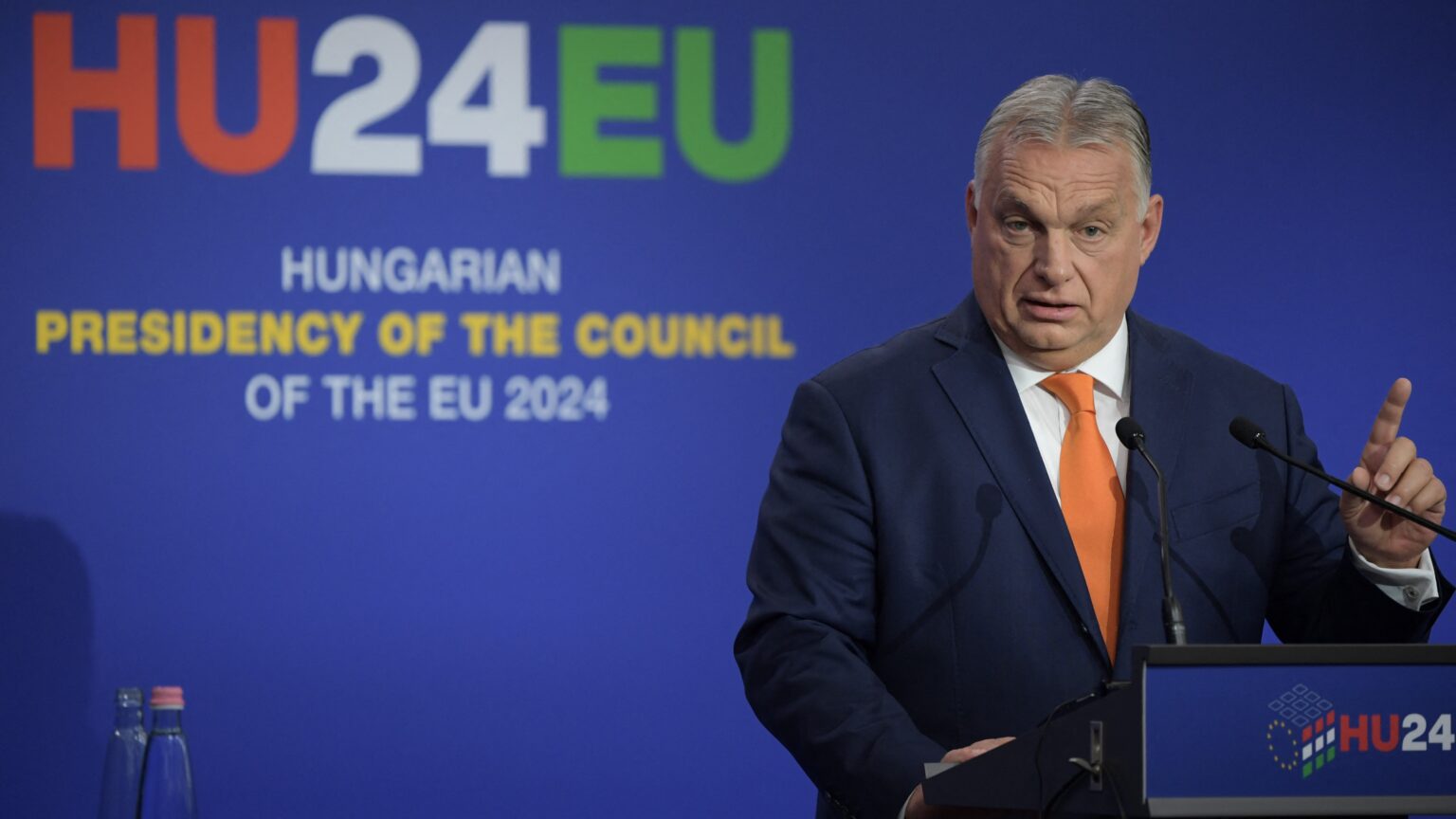
‘The EU can draw inspiration from global leaders like the United States and China. Both nations are integrating economic growth with environmental sustainability—whether through the American Inflation Reduction Act or the latest iteration of China’s Five-Year Plan. These strategies emphasize harmony between development and sustainability. The EU should adopt a similar approach.’
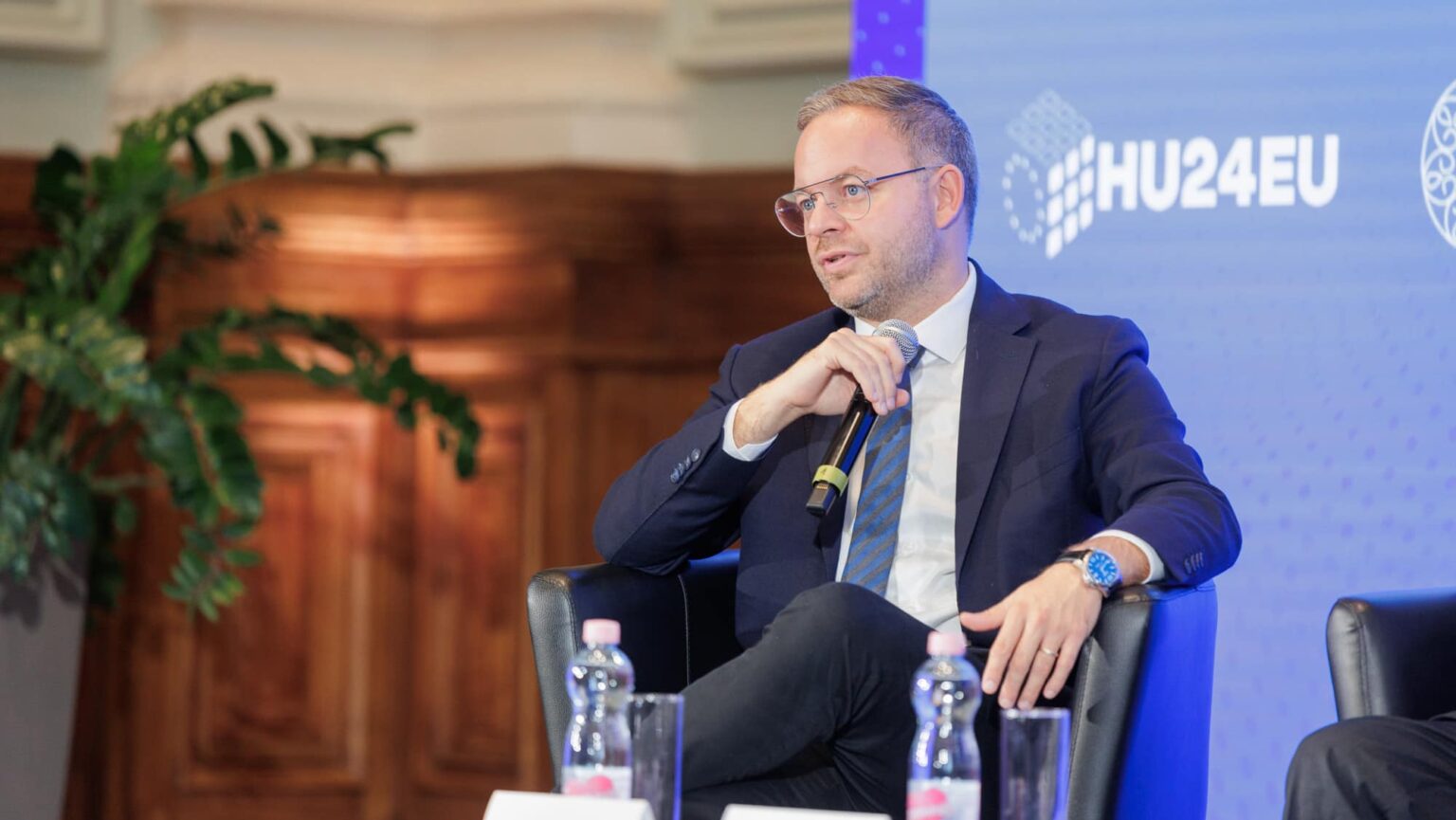
Rejecting Balázs Orbán’s PhD thesis based on his political affiliation is akin to barring a qualified athlete from competing in the Olympics solely because of their worldview.

‘One of the reasons Americans re-elected Donald Trump, aside the crisis at the southern U.S.–Mexican border and the economy, was a sense of a degradation of our patriotism with identity politics vis-à-vis LGTBQ+ and Black Lives Matter agendas, to name just a couple. Any private or public disagreement instantaneously labeled one as a fascist “anti-American”. This was a failed political tactic, which the Democratic Party and most media thought would win over, by patronizing them, those they referred to as “discriminated” and “marginalized”’.
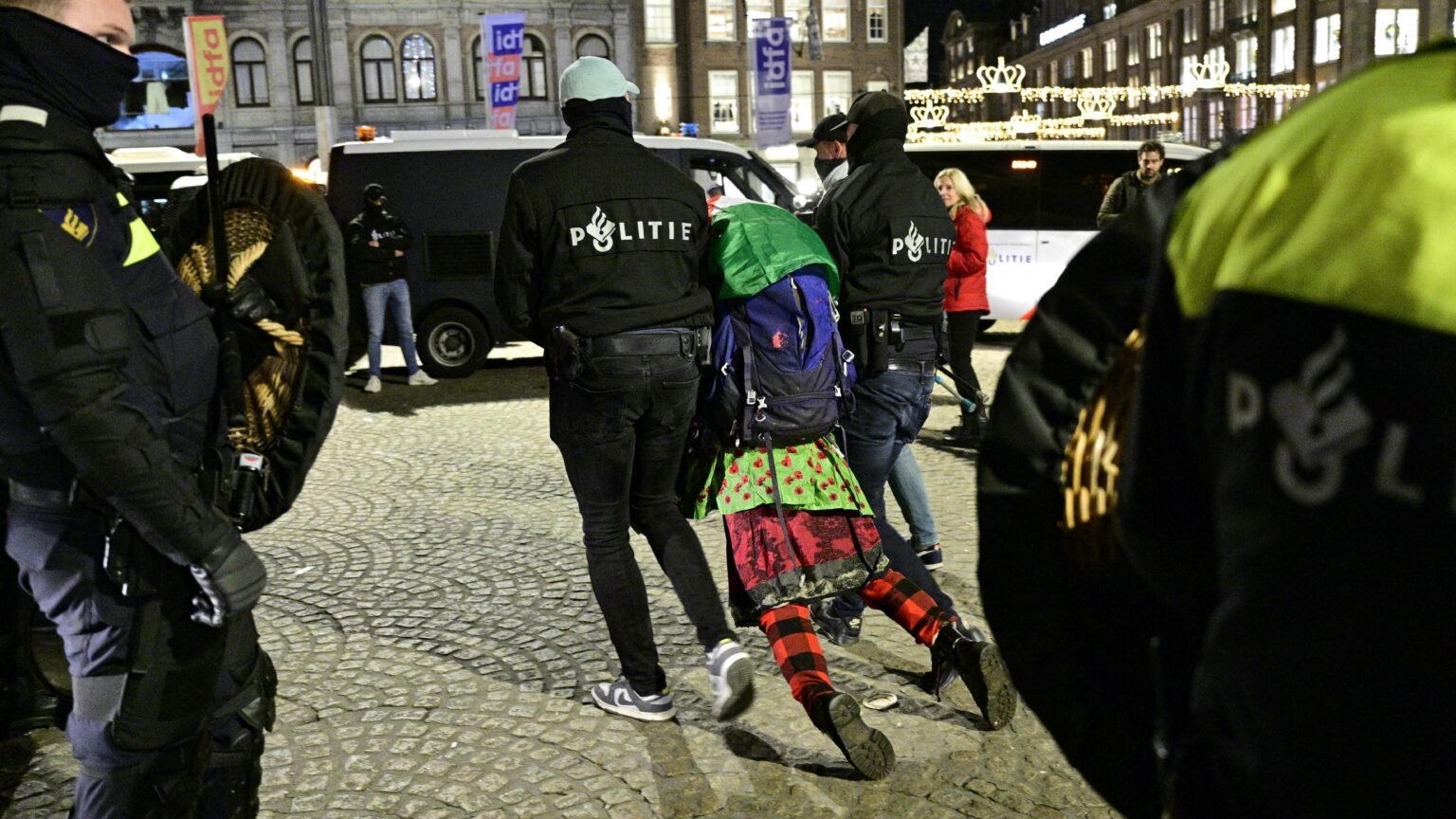
‘Persecution based on one’s ethnicity is unacceptable in any form, whether directed at Jews or anyone else. However, when this persecution is carried out by foreign groups arriving illegally, exploiting state resources, and disregarding our laws and culture, every fellow European should be outraged.’

‘Ultimately, COP29 will likely reaffirm what we’ve long known about global climate diplomacy: nations, despite their collective rhetoric, will prioritize their own interests. For wealthier countries in the Global North, the climate agenda offers an opportunity to entrench their geopolitical and economic dominance under the guise of green leadership.’
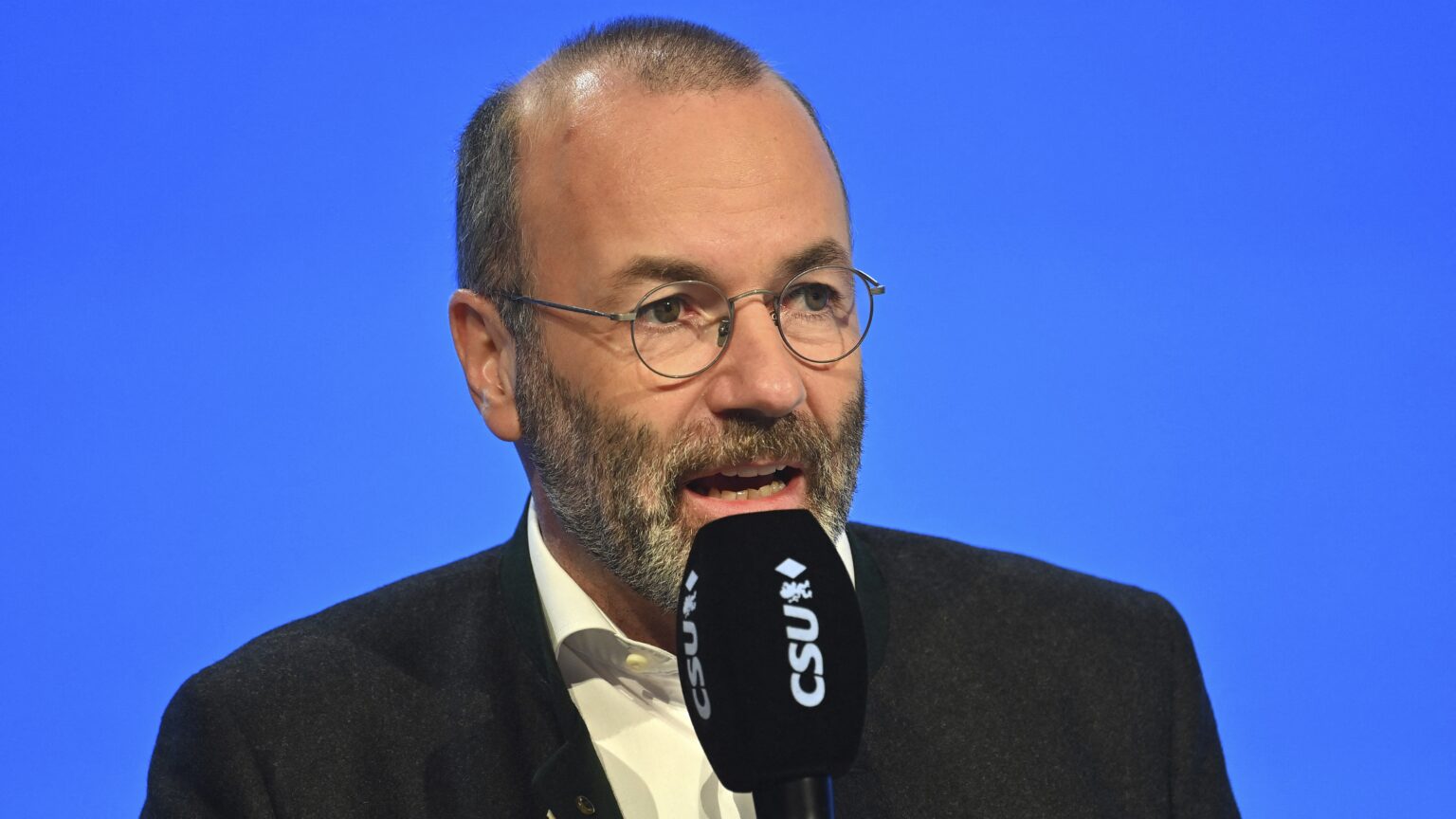
The German paper Passauer Neuer Presse conducted an interview with EPP President Manfred Weber on the occasion of the informal European Council meeting in Budapest, using the opportunity to prod him on the supposed ‘isolation’ of Prime Minister Viktor Orbán within the EU. Weber was also asked about the impact of the results of the US presidential elections on Europe.
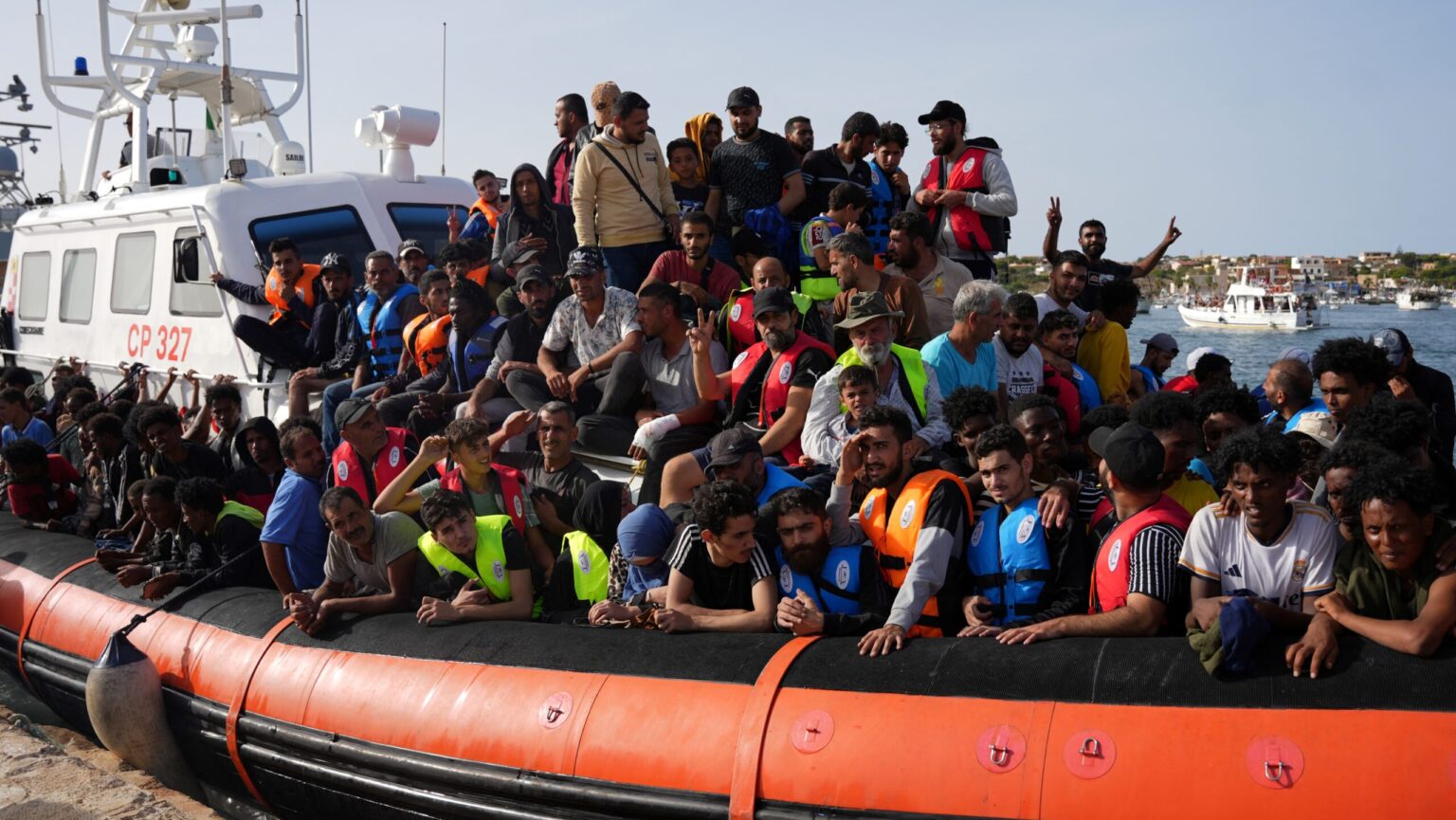
A new court ruling this week has prevented Italy from transferring migrants to reception centres in Albania under an agreement with the Balkan country. Similar cases highlight that the position of national and European courts on migration is one of the biggest obstacles to addressing this pressing issue.
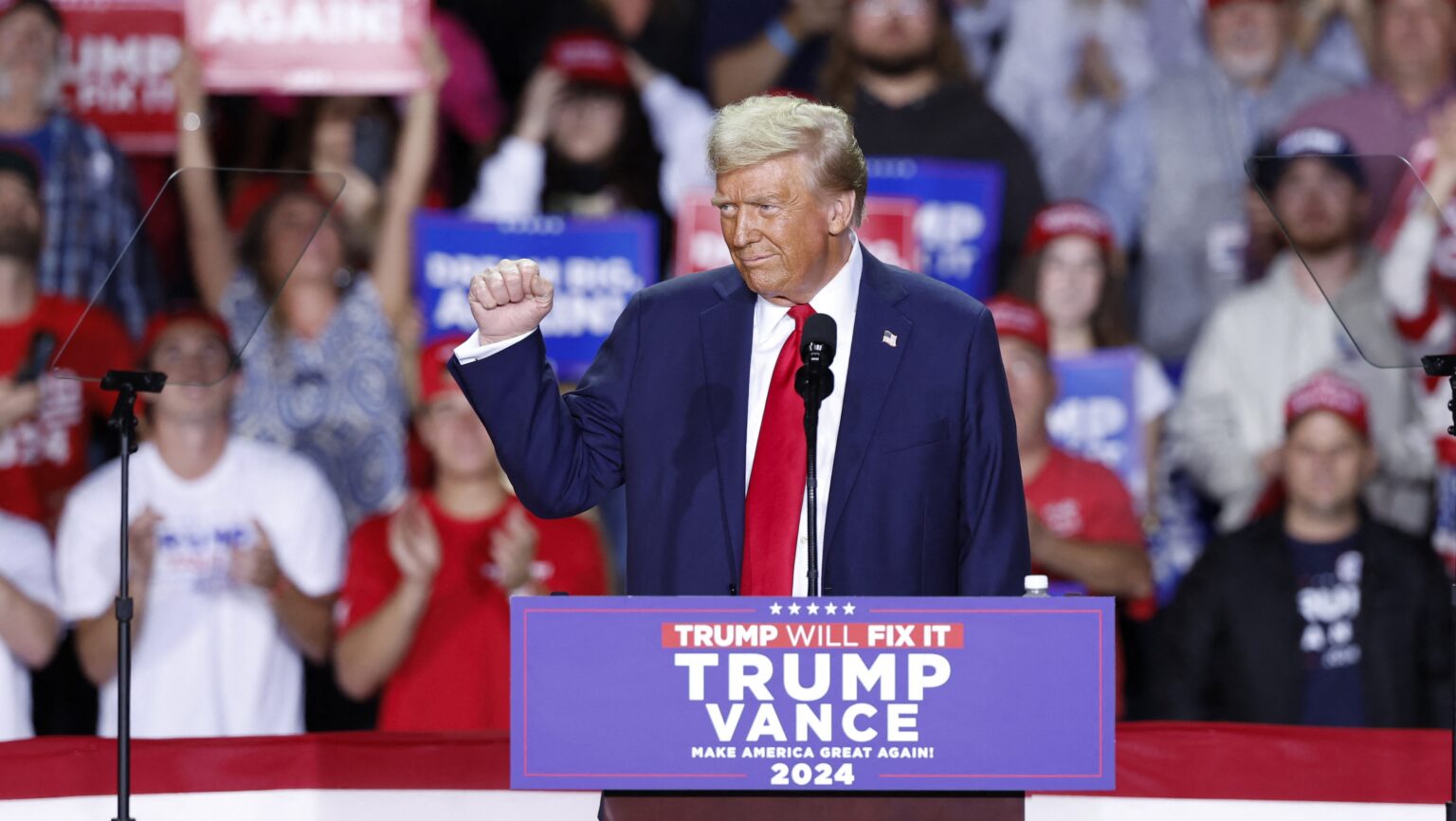
‘This is not a West–East conflict, but a West–West conflict. It is the traditional West versus the liberal, and even increasingly left-wing, self-eliminating West. The conflict is strong because we want the West that they want to abolish. They think it was hell worth to be eliminated, but we think it was a pretty good little world, and we want to remain an extended part of it.’

‘Although almost all of Hungary was covered in noxious and harmful air for the entire weekend, so too was more than half of Central and Northern Europe, with countries such as Denmark, Germany, Czechia, Slovakia, Slovenia, as well as Italy also being directly affected by the emanations (wherever they may have come from)….But what is the cause?’

‘According to Dutch intelligence, Iran has used Moroccan Dutch gangsters to eliminate two “enemies of the state” abroad, but it also actively protects clan leaders. Between 2019 and 2021, during the time of the trial of a Moroccan clan chief, a key witness’ brother was killed, followed by his lawyer and finally a crime reporter who was covering the case. And what about antisemitism? Dutch Jews have been sounding the alarm for years.’
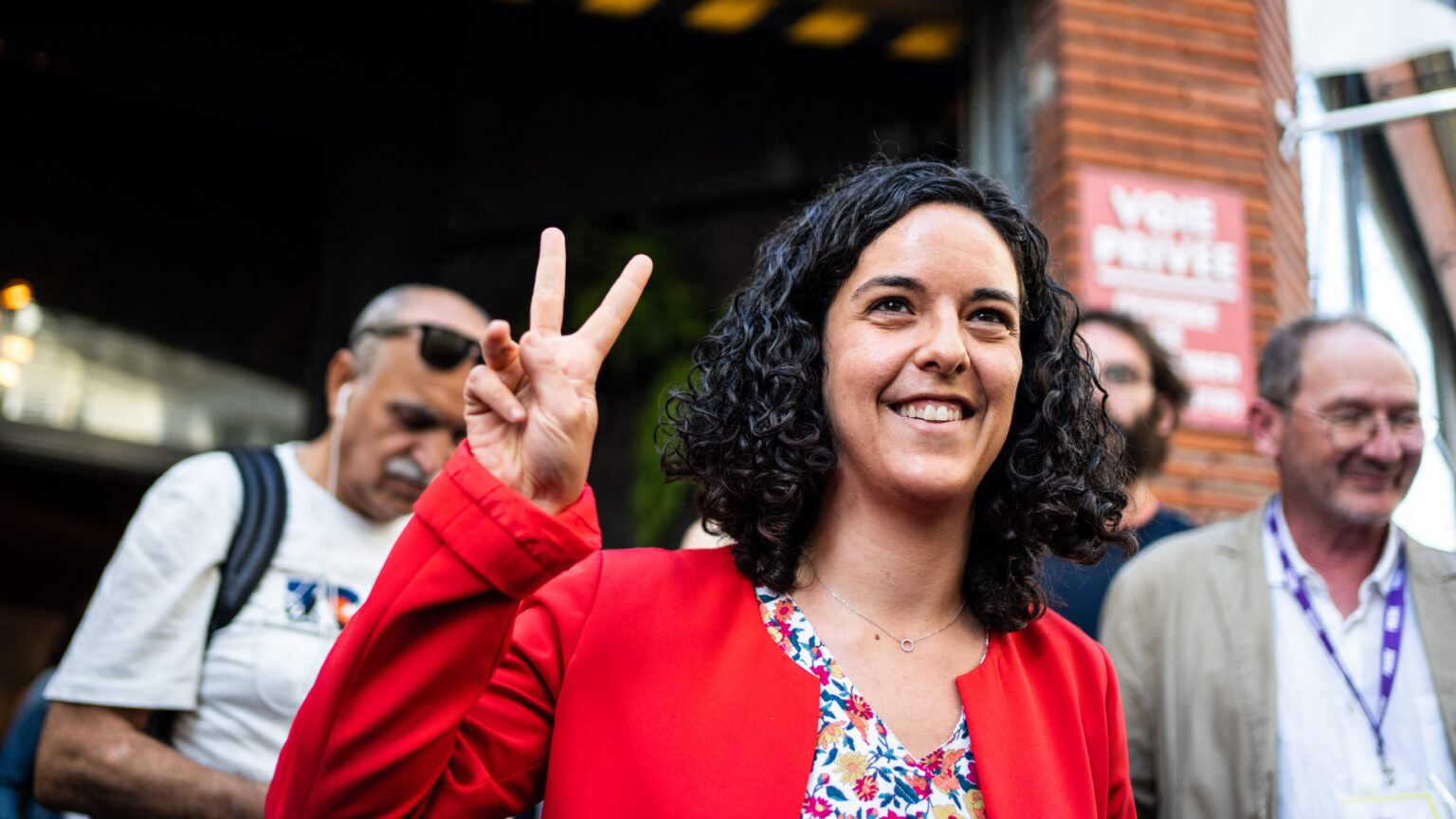
‘It is a strange tale to trace how the first communist group was dominated by Italian communists who cut their teeth in the partisan resistance forces whilst the largest Italian delegation in its present-day incarnation is mostly made up of MEPs from a party which until recently could not decide whether they were right-wing populist Eurosceptics or liberal Eurofederalists.’

‘While the exponential growth of AI heightens immediate concerns about meeting energy demand, green energy ambitions must be evaluated through the lens of feasibility, affordability, and reliability…Because demand is ever-increasing, policy makers must take a pragmatic approach, encouraging supply and production expansion across every fuel type, wherever practical.’

‘It is not so much members of the Blob influencing American foreign policy for their own personal gain that has yielded catastrophic results but rather the hubris of spreading illiberal democracy after the collapse of the Soviet Union. The Orange Revolution, sparked by this elite under the bogus notion to reshape Ukraine into a liberal democracy, is just one inept demonstration of this.’
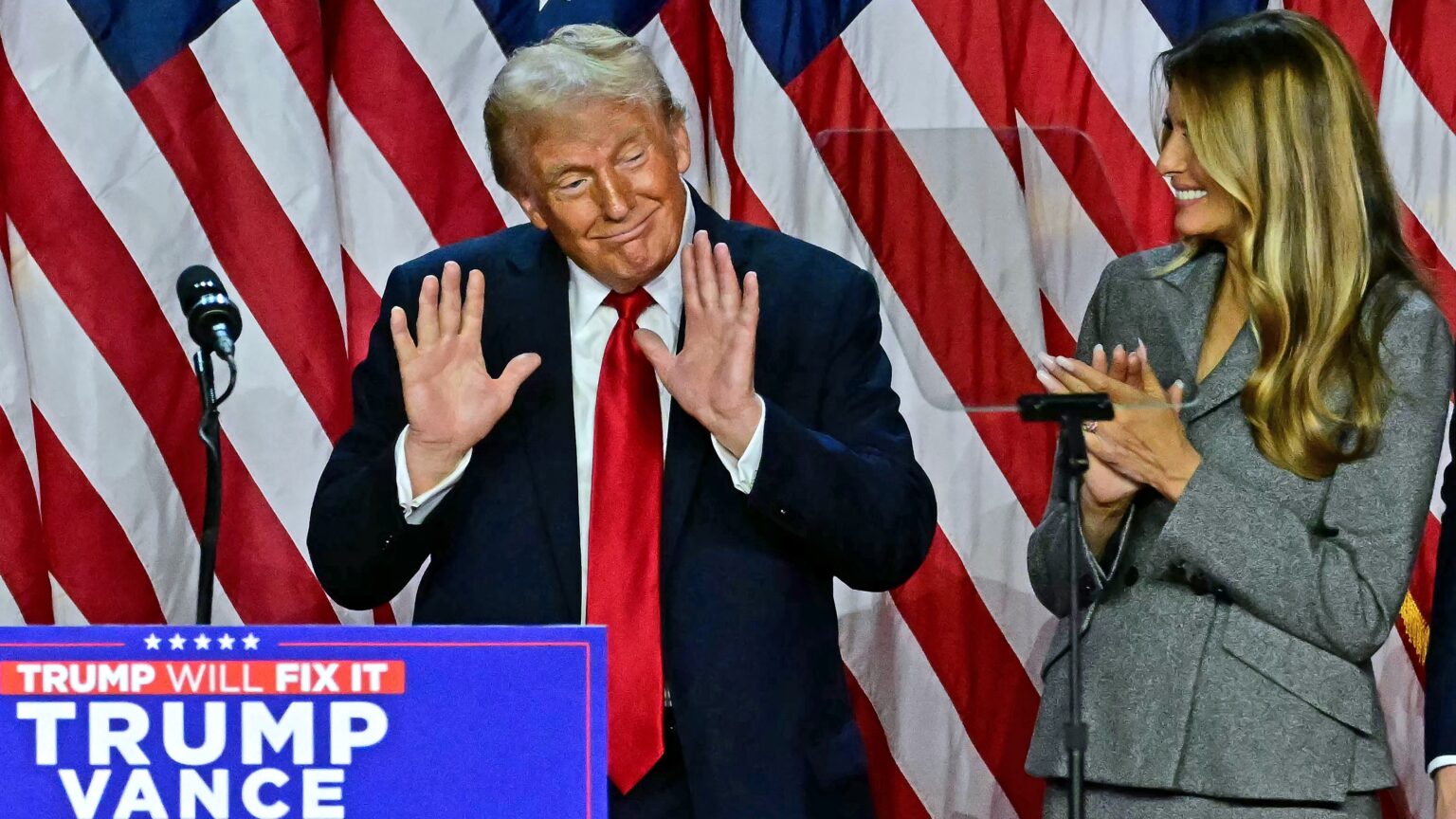
‘Donald Trump’s sweeping election victory will reshape the European power landscape, catapulting Hungary from a state disdained by Washington, whose ambassador routinely and rudely lambasts his host country, into one of America’s most important allies. It is not good for Europe that it exists as a dependency on the American Empire, but that’s simply a fact. Now that Prime Minister Viktor Orbán’s good friend is about to return to the White House, Hungary gains the most powerful new ally imaginable in its dealings with its EU partners. The days of bullying Hungary are over.’
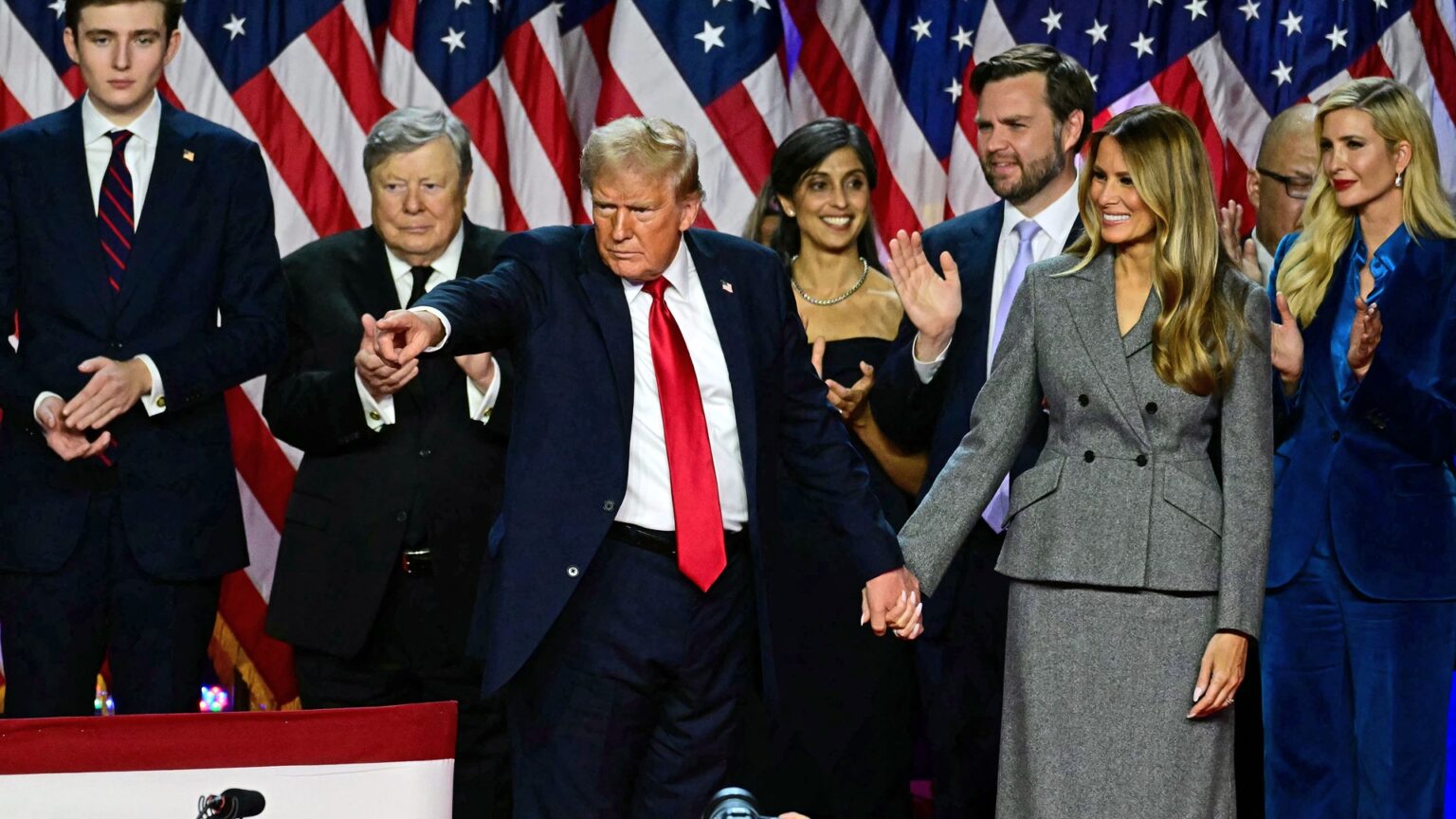
President Donald Trump became the second President in US history to be elected to a second, non-consecutive term after Grover Cleveland. He defeated Vice President Kamala Harris from the Democratic Party with a projected 312 electoral votes. He is also on track to win the popular vote, the first Republican to do so in a presidential election since George W Bush in 2004.
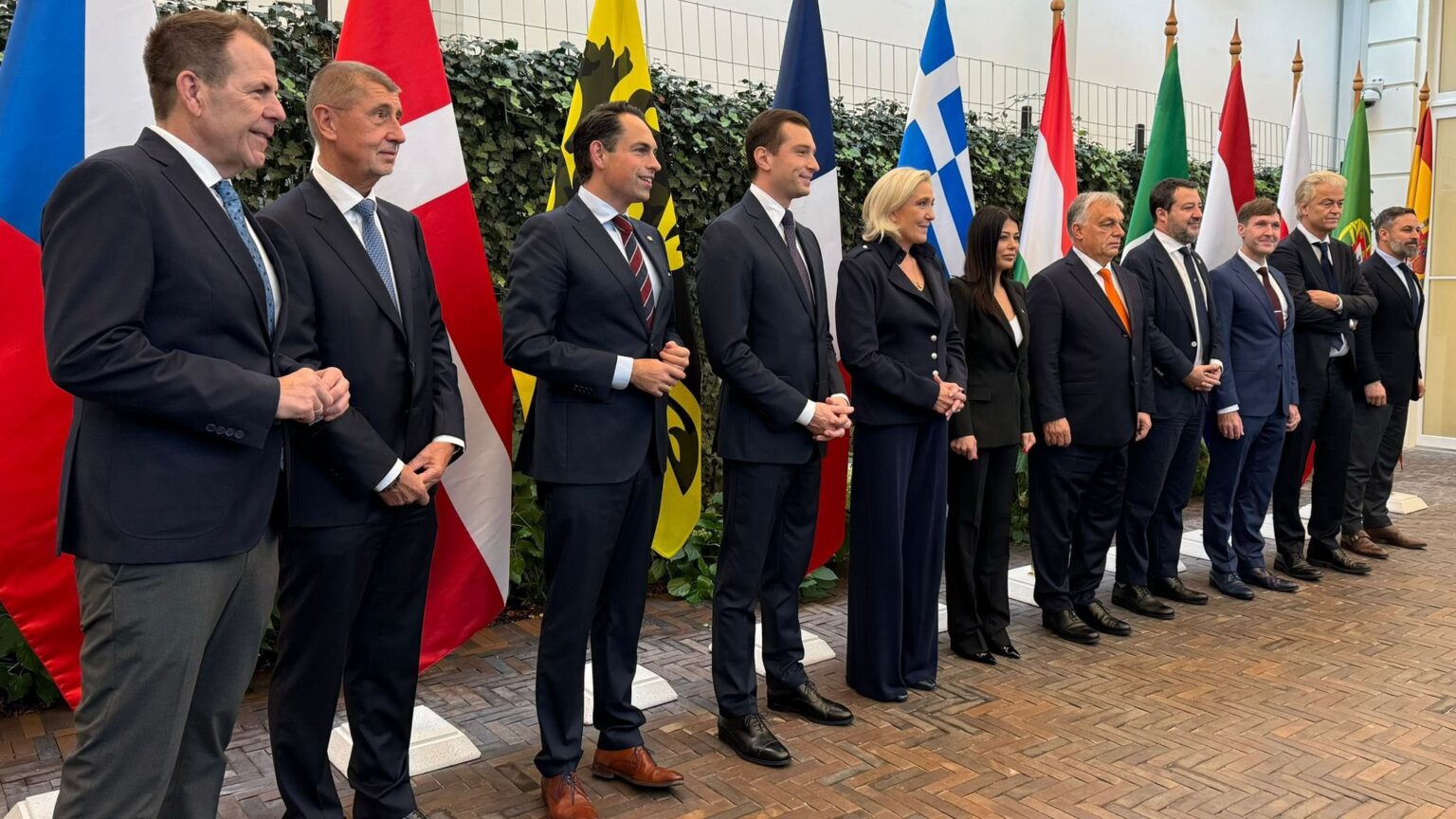
‘Hungarians had hoped that the newly formed European Parliament would finally move past the practice of stigmatizing those whose democratically elected positions differ from the Brussels mainstream. Instead, the Brussels elite decided to welcome the election results with blatant anti-democratic tactics, dismissing the political significance and representation of millions of European citizens…The cordon sanitaire is not just an attack on millions of European voters—it is an assault on European democracy and the rule of law.’
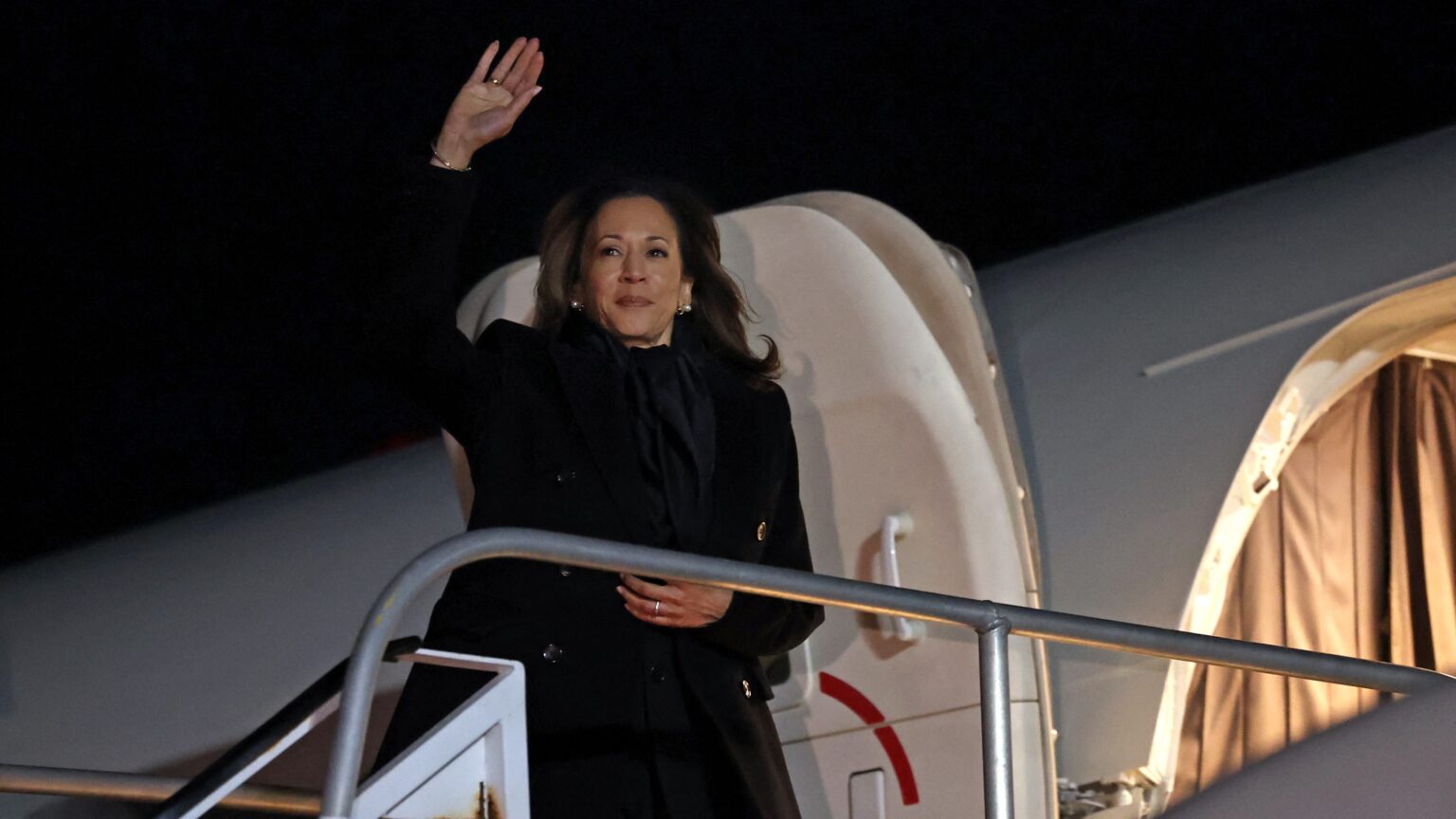
‘The question of what a Harris administration’s foreign policy would be is rather like asking a cat its views on quantum mechanics: you’re unlikely to get much clarity. There’s been a rather large absence of any discernible worldview to distinguish her from her boss, Joe Biden. Indeed, one might say her foreign policy is as elusive as the Hungarian summer—everyone has vague expectations, but no one is quite sure what it’ll look like when it finally arrives.’

‘We aim to draft a manifesto that sheds light on an alternative kind of capitalism—primarily beneficial for domestic business circles—which we refer to as “inclusive capitalism”. It is important to emphasize that our goal is not solely to outline inclusive capitalism but to formulate what we term “capitalism alternatives”.’

‘Hungarian law explicitly forbids public spaces from bearing the names of individuals who played a part in establishing, consolidating, or perpetuating the totalitarian political regimes of the 20th century. Those who respect Horn’s accomplishments in his later years as prime minister or his contributions to the political left are entitled to their views, yet such respect cannot override the concerns regarding his actions during the Communist dictatorship. Especially not in Budapest—in the city of the Pest Lads.’
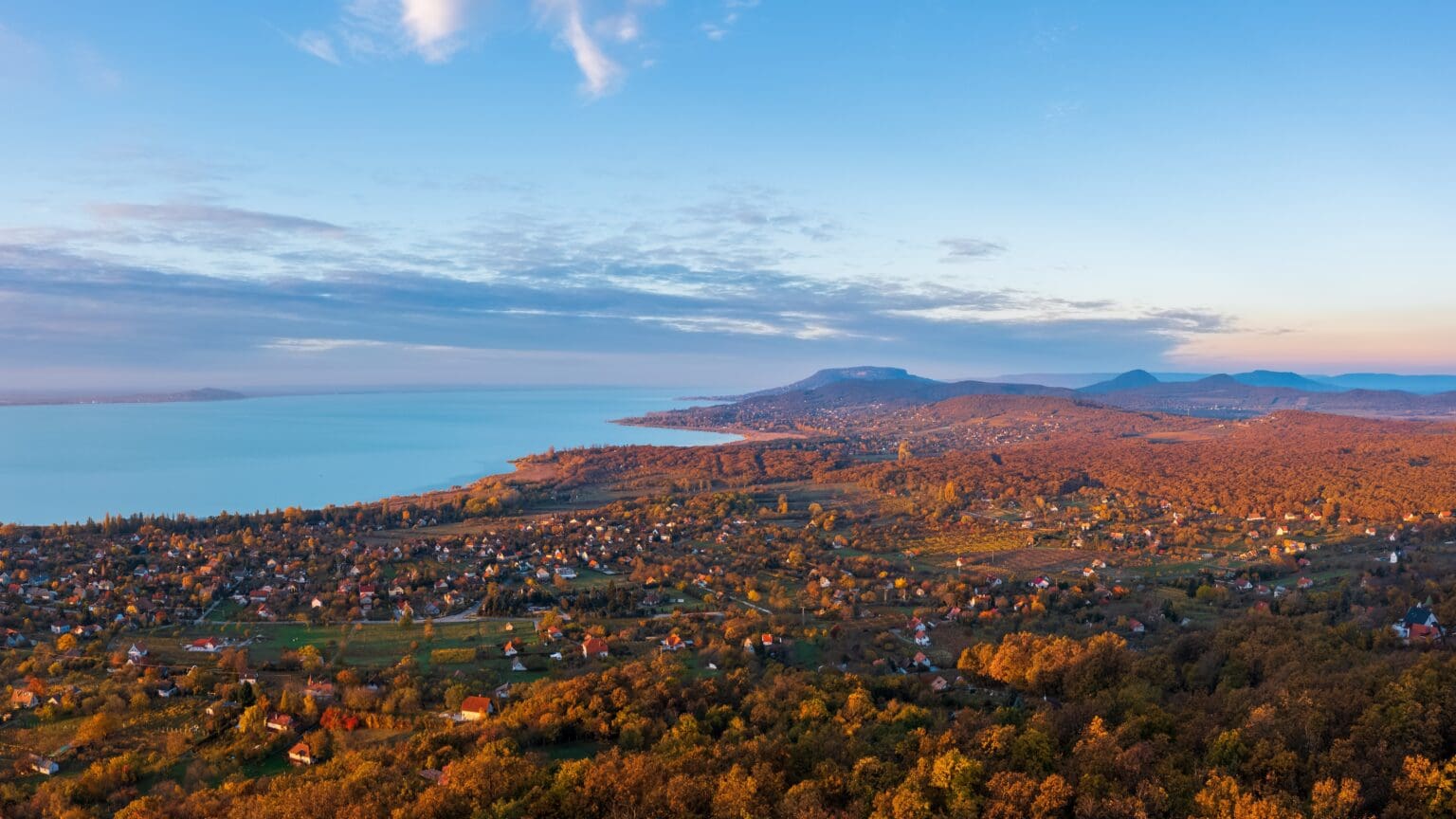
‘Throughout the seminar, one of the central themes that dominated the discussions, panels, and the overall atmosphere was the dichotomy between optimism and pessimism in how we confront reality. As conservatives, we often lean toward pessimism, but this isn’t entirely accurate, as deep within, we possess a profound desire for hope.’
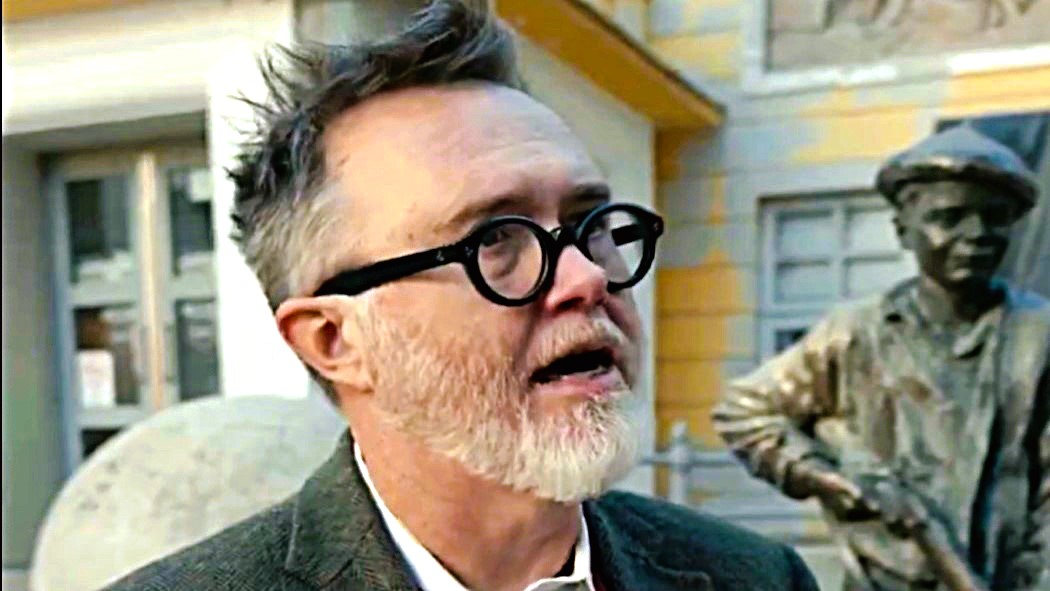
‘Before I left for America on this trip, I complained to a Magyar friend about how stubborn Hungarians are, and how they refuse to change their ways of doing things, even when there is a plainly better way. “You’re right, we are like that,” she said. “But consider that our hard-headed temperamental conservatism is also the thing that makes us willing to stand up to Brussels and tell them to go to hell.” Touché.’
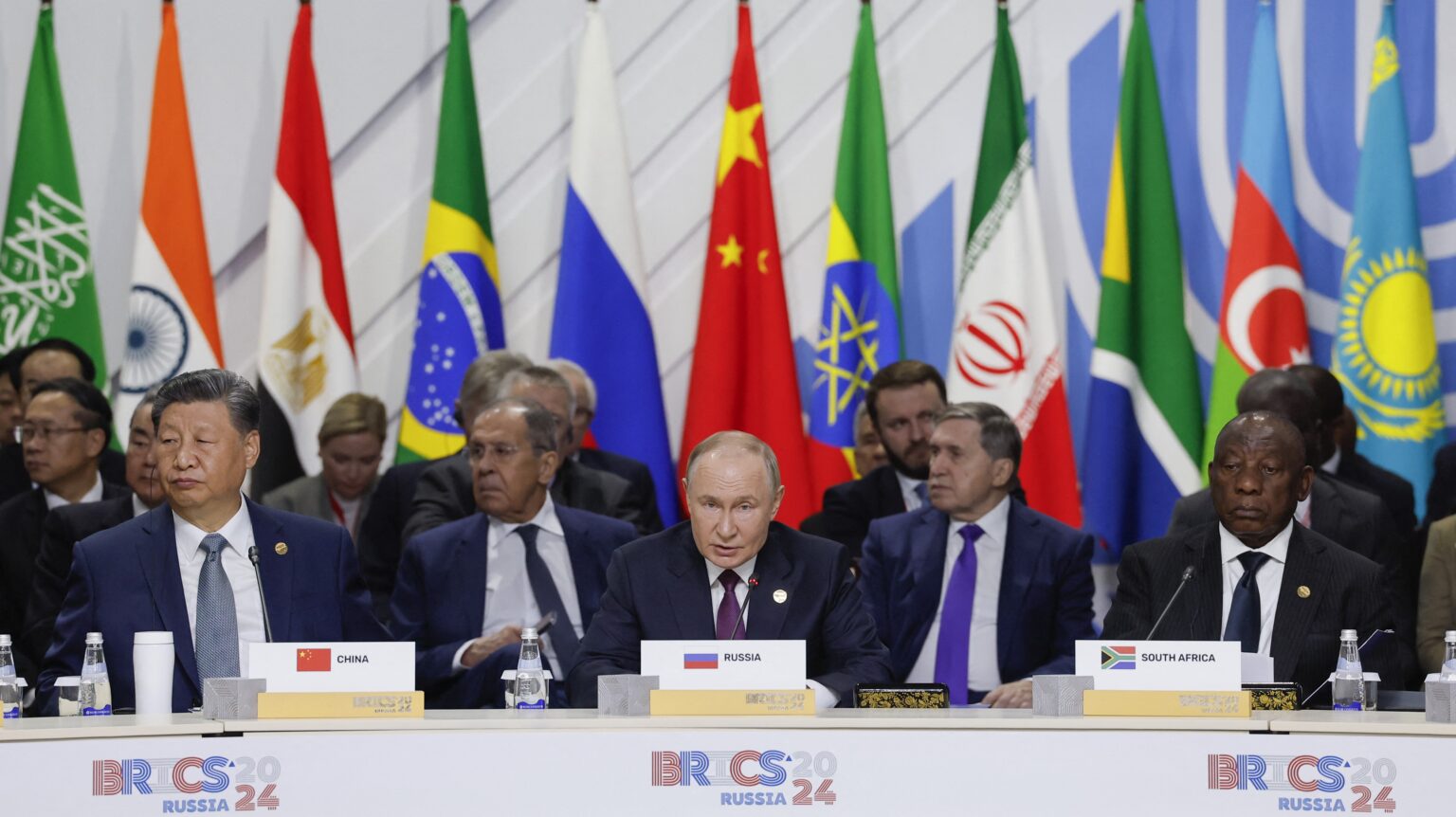
Despite BRICS countries’ impressive recent expansion and acquired regional and international leverage both economically and politically, the US dollar’s position as the global reserve currency seems unshakable at present…Upon examining the situation globally, it can be observed that 90 per cent of all foreign exchange transactions in the world were conducted with the help of the US dollar.

‘As modern consumer society has made consumption the root of identity, man has become a prisoner of the constant renewal of consumer demands…Contrary to early capitalist societies, people have completely reduced themselves to the self-as-consumer. The short excitement that accompanies consumption is all that modern man has left.’

‘Artificial intelligence (AI) literacy will undoubtedly be of paramount importance in the future, so teaching it, rather than letting children find harmful, addictive or otherwise destructive content themselves online is going to be the biggest challenge of protecting our youth.’

‘The post–1989 period has not been free from debates and conflicts on how Hungary could and should assert its national interest while integrating into the Western order. The Left has been anxious about not integrating into and aligning with the “developed” West fast enough, while Conservatives have feared the loss of tradition, identity, and national consciousness in the melting pot of accelerating globalization.’
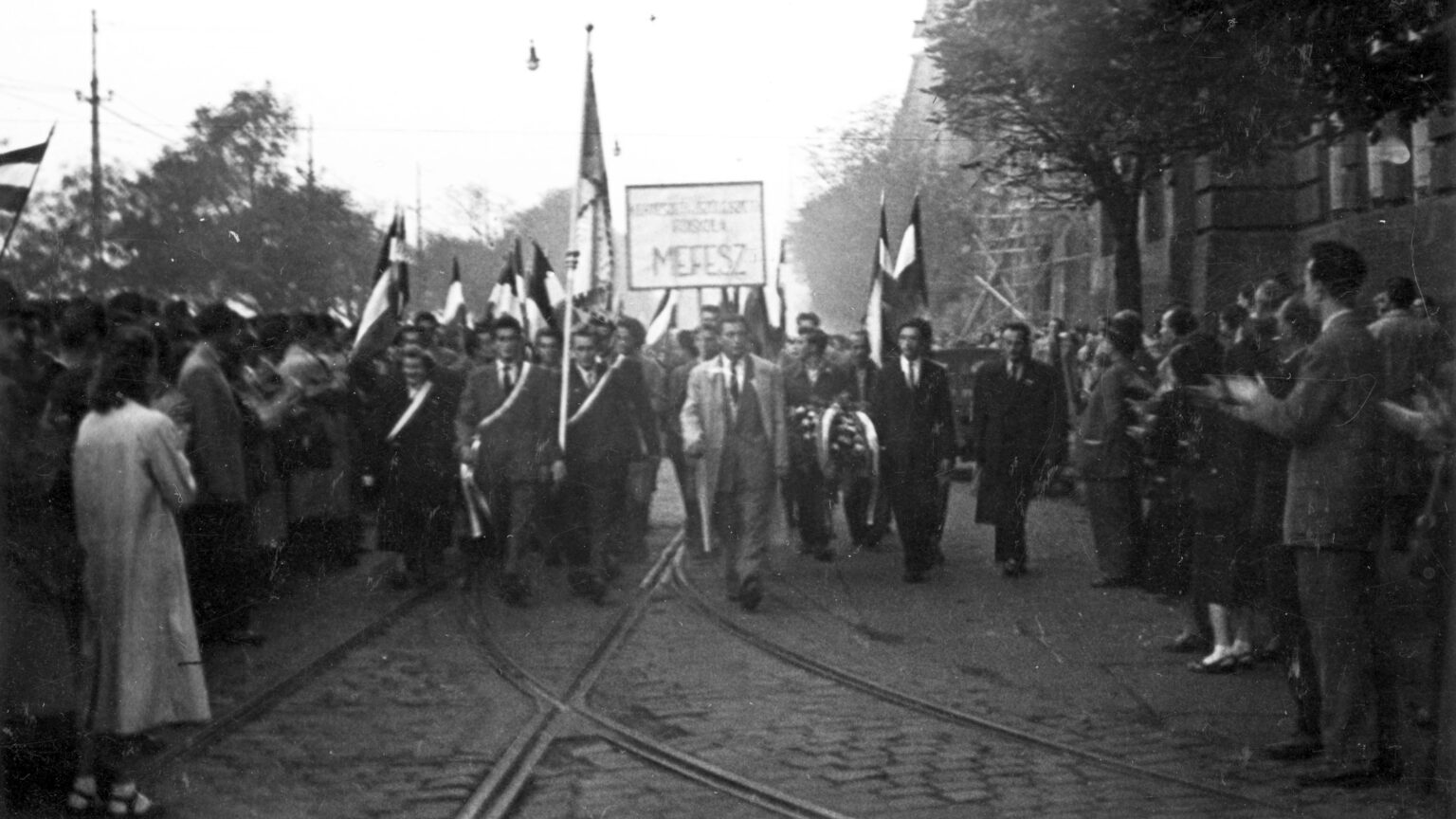
‘The Hungarian people, who cherish freedom, will do everything in their power to defend their sovereignty. Just as in 1956, when we were the first Eastern European country under communist dictatorship to stand up against Moscow, Hungary is now leading the fight for freedom against the oppression of Brussels.’
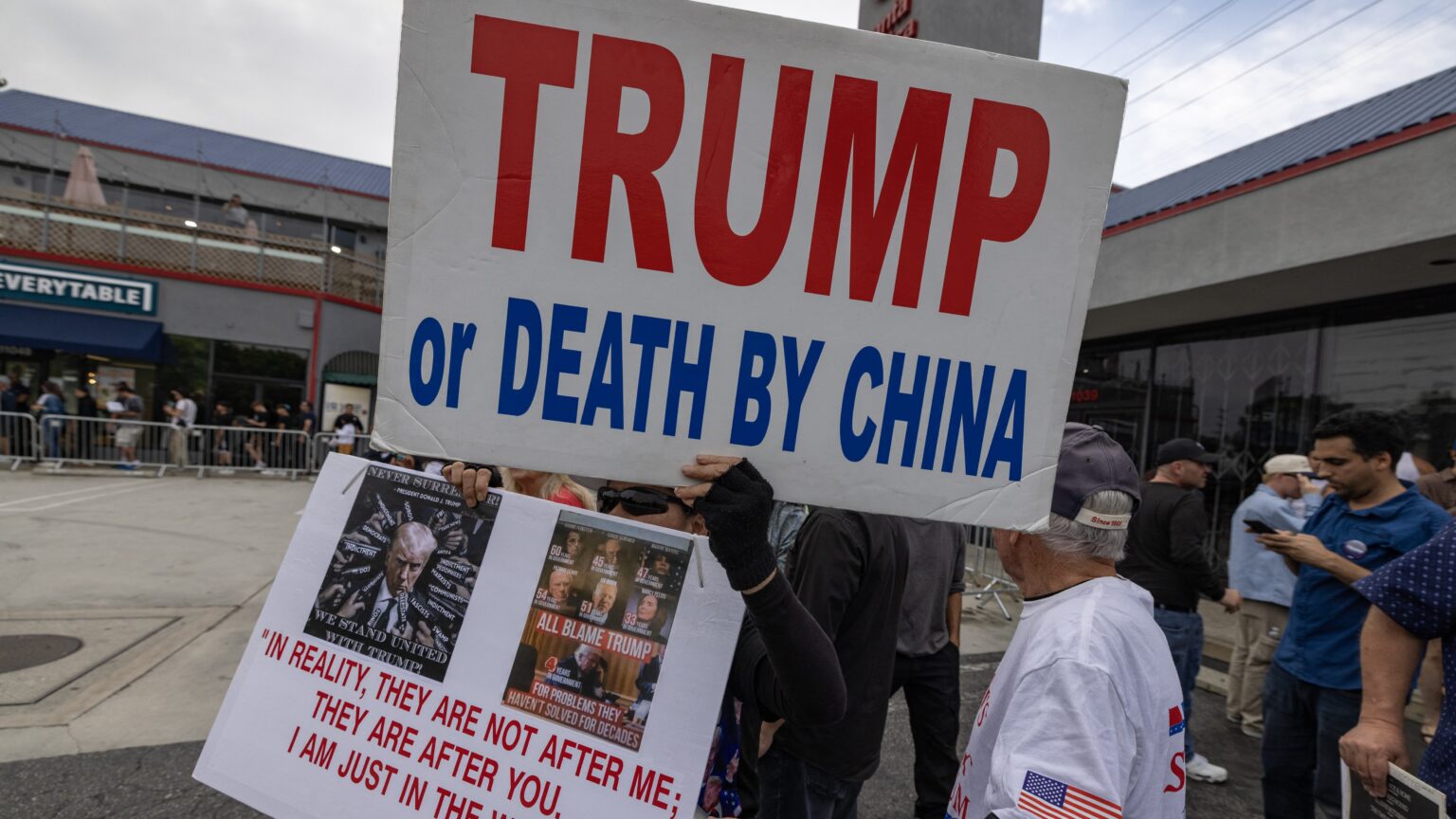
‘The U.S. has dramatically evolved since its founding, when tariffs were the only source of revenue for the federal government. Despite the higher costs falling on American consumers and the harms to U.S. employment and production, especially in the manufacturing sector, both the Trump campaign and the Biden–Harris administration have continued to defend the trade war tariffs.’

Hungarian Conservative is a quarterly magazine on contemporary political, philosophical and cultural issues from a conservative perspective.